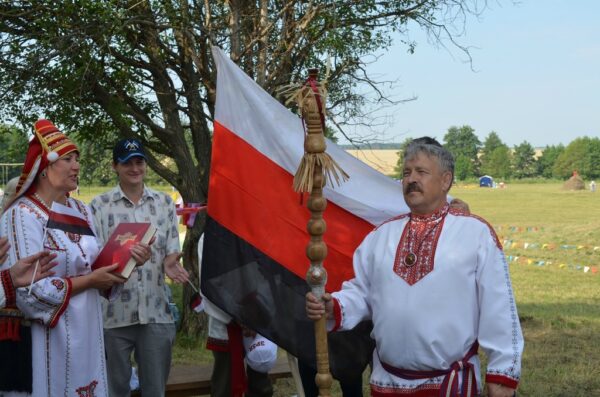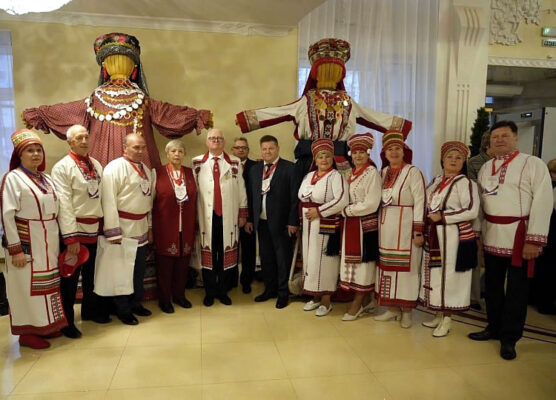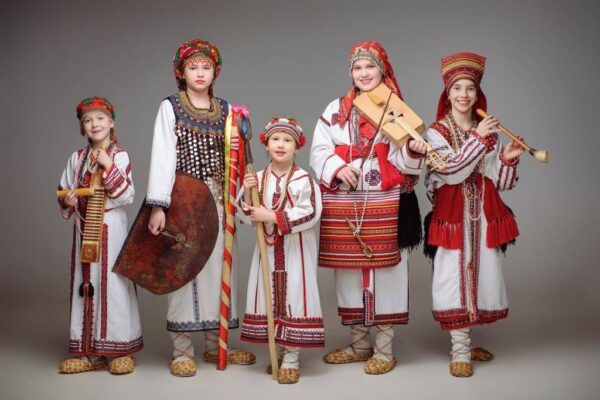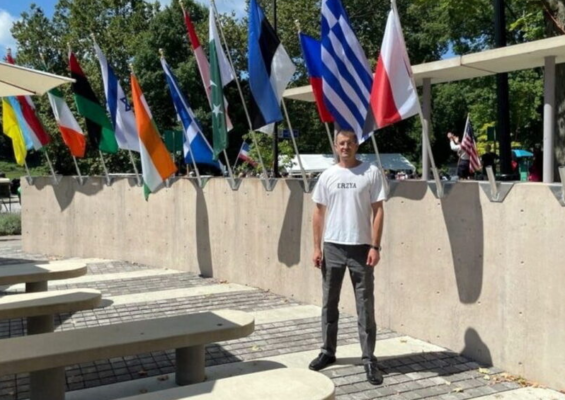In memoriam Dmitry Tsygankin
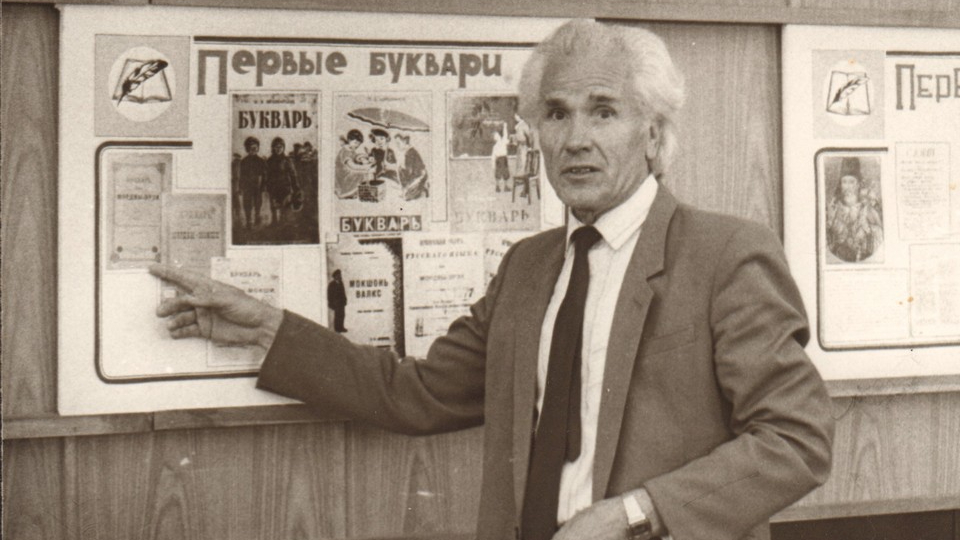
Dmitry Tsygankin (25 October 1925–21 November 2023), a linguist from Mordovia, has passed away. He was born in the village of Mokshalei in the Chamzino district, in the territory of the present Republic of Mordovia. He studied at the local school, and in 1954 graduated from the Faculty of History and Linguistics of the Mordovian State Pedagogical Institute. His studies were prolonged because in 1943 he was mobilised into the Soviet army. Tsygankin took part in direct combat as a spy, for which he was awarded several decorations. In recent years, Mordovia spoke of him primarily as a veteran of World War II, and numerous articles were published which made no mention of his work as a linguist or social activist.
In 1958, Tsygankin received his Bachelor of Linguistics and in 1978 his PhD on the topic ‘Morphology of nouns of Erzya language dialects (inflectional and word formation)’. Throughout his life he worked at the Mordovian State Pedagogical Institute, first as an associate professor, and after his doctoral thesis as a professor. From 1972 to 1991 he was Head of the Department of Mordvin Languages, while at the same time serving as Dean of the Faculty of Languages. From 1991 to 2015, he was Professor of the Department of Erzya, and from 2015 until his death, Professor of the Department of Mordvin Languages. Tsygankin was still lecturing at the age of 95, making him certainly one of the oldest active lecturers among Finno-Ugric peoples. The main lecture courses were the history of the Erzya language, Erzya dialectology, as well as onomastics and comparative morphology of the Finno-Ugric languages.
Under his supervision, two doctoral theses and 25 doctoral dissertations were defended. He was the author of more than 300 scientific articles, as well as textbooks and methodological teaching materials.
Tsygankin was a correspondent member of the Finno-Ugric Society (Suomalais-Ugrilainen Seura). At the beginning of 1989, Dmitry Tsygankin was one of the national activists and founders of the social centre Velmema (Rebirth). However, as the national movement developed, the organisation split, and more radical members founded Mastorava and found it necessary to convene a congress of the Mordvin people. The moderates decided to found the mother tongue society Vaigel (Voice), which was registered as the first national organisation of Mordvins (Erzya) on 6 June 1989. Dmitry Tsygankin was elected chairman of the society. The aims and activities of the society were stated in its statutes as contributing to the development and preservation of the Mordvin people, to the development of Mordvin as a state language and to establishing contacts with Finno-Ugric societies. Vaigel’s activities were balanced: the Society’s activities were limited to organising lectures, seminars and conferences, and there were no walkouts, no demonstrations and no political demands.
